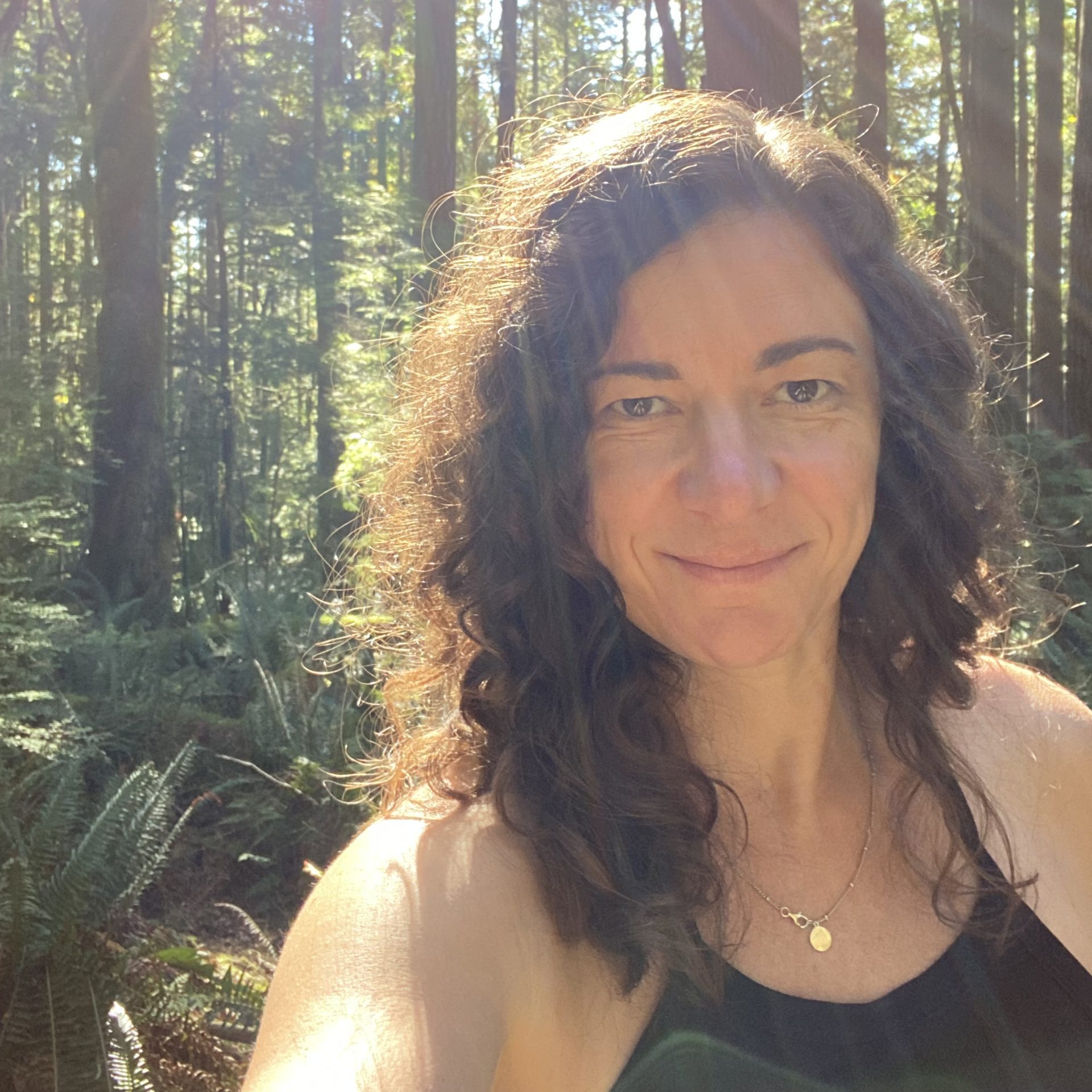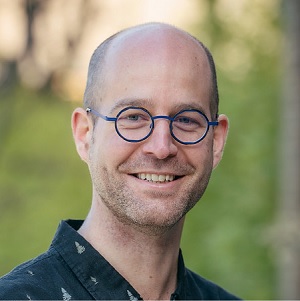Creating Impact Through Dietetics

About
| Name | Nicole Fetterly |
| Title | Provincial Program Manager |
| Company | Childhood Healthy Living Foundation |
| Grad year | 2007 |
| Program | Bachelor of Science in Food, Nutrition, and Health |
| Major | Dietetics |
Nicole Fetterly, a graduate of the UBC Dietetics program, started her career as a dietitian working in surgery and acute care. By exploring diverse aspects of the nutrition field and learning more about the production of local BC products, she expanded her career opportunities to include developing menus to improve access to healthy food, teaching nutrition to different audiences in different scales, developing new resources and even writing her own book!
Nicole career has led her to use what she learned from the Dietetics program to contribute to things she is passionate about. While earning awards for her dedication to this work, she has also gained valuable insights from each of these varied experiences. We asked Nicole to share a bit more about her experience to help inspire and support the LFS community.
What was your first job after graduation? What other jobs have you been able to pursue since then?
It’s common as a dietitian to be offered a casual position with the health authority at which you intern. I did that and worked my way into more permanent positions in surgery and acute care for elders. I always wanted to explore opportunities outside of clinical practice, including private practice, which I began upon graduation.
An opportunity arose to work as the Nutrition Operations Manager at Choices Markets. While I held this role, I adored learning more about retail food and the production of local BC foods, visiting farms and factories. I loved managing a team of Nutrition Consultants and coming up with creative new ways to engage customers when they were making important decisions about what to purchase and put in their bodies.
Once I felt ready to engage with a new audience, I took on the role of Manager of Nutrition and Wellbeing with UBC Food Services. This gave me the chance to engage with undergraduate students at a pivotal time in their lives, when they are beginning a more autonomous relationship with food. I also loved working closely with the chefs in menu development and labeling to help improve the availability of healthy food on campus.
I moved to Victoria and was able to transition to a similar position at UVic. While pursuing my Masters degree there, I had the opportunity to teach Nutrition to 200 undergraduate students each term as a sessional instructor.
Since then, I have worked in public health on a variety of contracts and projects, including:
- Improving the food literacy and feeding of 0-5 year olds as Lead Trainer with Appetite to Play
- Revising the Healthy Eating for Seniors Guidebook
- Working as Lead Trainer with Food Skills for Families
- Working with newcomers and vulnerable women through the Pregnancy Outreach Program
- Developing resources and facilitating virtual cooking classes through Generation Health Community and later becoming the Program Manager
Does your career look like you expected it would?
No, I have just written a book, Fueling Your Recovery: Healing with Nutrition in the Journey From Addiction, based on my own personal experience with addiction and undergoing treatment and realizing that food and nutrition support is sorely lacking in the recovery sphere. I never thought decreasing the shame and stigma of the disease of addiction and using my professional expertise to help shape the treatment of this disease would be my path.
What was one of your most meaningful experiences at UBC? And why?
I identified a concern with the course FNH 341. I felt it lacked some important content, especially considering it was the only Foods course required of dietetics students during my time. When I flagged my concern to the Dean of LFS and the Dietetics Program Coordinator, I was given the opportunity to be involved in a needs assessment of the course where we polled current and former students and practicing dietitians. Then I was honoured to be involved in revising the FNH 341 curriculum along with Gerry Kasten, incorporating some of my own recipes and adding content on key missing topics like legumes/pulses and fish/seafood. Over the last 17 years, I’ve heard from students that this is their favourite course on campus, and I feel so proud to have this as part of my legacy.
Whether achieved before, during or after your time at UBC, are there any other awards or honours you’d like to share with us?
While working at Choices Markets, I won the award Star Woman in Grocery from Canadian Grocer Magazine, which was amazing to celebrate women in a male-dominated industry, as well as promote a health-based role in a field focused on business.
During my time at UVic, I won the Food Allergy Canada Robyn Allen Memorial Award for advocacy for those living with life-threatening food allergies. This was given for all the work I did in initiating allergen-labeling on campus as well as the start of the first Stock Epinephrine program in BC, providing life-saving medication and training for first responders to use on the UVic campus.
Find out more about our undergraduate programs in our Future Students page.
Tagged with: 2025, Dietetics, Food Nutrition and Health























